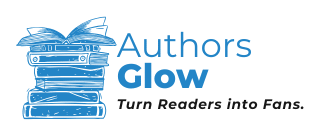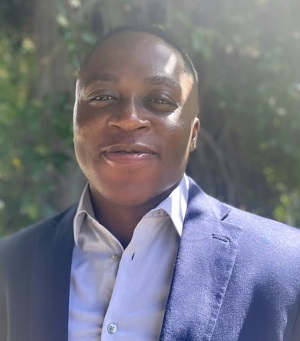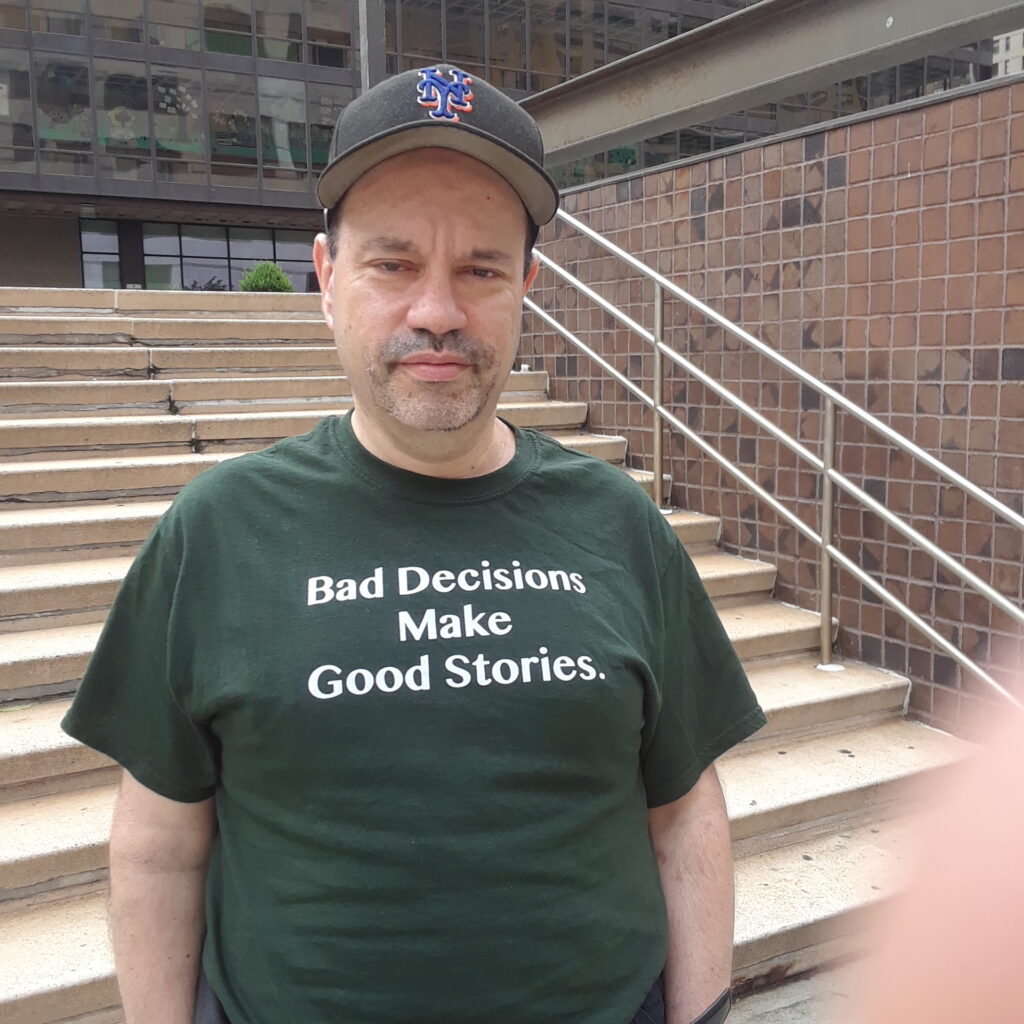Tell us about yourself and how many books you have written.
My name is Rais Tuluka, and I’m a writer from Sacramento with a passion for exploring resilience, masculinity, spirituality, and identity through both poetry and prose. Writing has been my way of stitching together the personal with the universal, blending memoir, philosophy, and storytelling. To date, I’ve completed two major book projects: Mr. Magnificent, a literary novella, and Iron Wrapped in Wool, a hybrid collection of poetry, essays, and meditations. I’ve also written shorter collections and published individual poems and essays in journals.
What is the name of your latest book and what inspired it?
My latest book is Iron Wrapped in Wool. It’s a hybrid collection that spans several years of my life (2013–2020), mixing poetry, essays, and reflections. The inspiration came from wrestling with questions of masculinity, spirituality, grief, and self-discovery. The title reflects the dualities we all carry—strength and softness, resilience and vulnerability. I was deeply influenced by Taoist philosophy, as well as my own journey of growth, love, and struggle.
Do you have any unusual writing habits?
I tend to write in bursts rather than on a strict daily schedule—sometimes late at night when the world is quiet. I also layer my writing with philosophy, film, and music, letting other art forms bleed into my process. One unusual habit is that I often sketch out ideas in fragments across notebooks, phone notes, and even audio recordings, then weave them together later. It feels like piecing together a mosaic.
What authors, or books have influenced you?
I draw from a wide range of voices—James Baldwin for his clarity on race and identity, Joan Didion for her sharp personal essays, Toni Morrison for her lyrical gravity, and John Milton for mythic scale. Poets like Ada Limón and Arthur Sze also shaped my approach to imagery and form. Philosophical works, from Taoist texts to Nietzsche, often guide how I think about human experience.
What are you working on now?
I’m currently working on a new collection of essays that braid together memoir, cultural critique, and philosophy.
What is your best method or website when it comes to promoting your books?
’ve found the best results come from a combination of social media platforms (Instagram for visual quotes, TikTok for short literary videos) and book promotion services like BookSirens and NetGalley for reviews. I also use press release outlets, SEO-driven blog posts, and community engagement to build readership. For indie authors, authentic connections and consistent storytelling online matter just as much as big ad campaigns.
Which Websites you like most to promote your book
For indie promotion, I’ve found value in BookSirens and BookSprout for early reviews, NetGalley for reaching librarians and industry reviewers, and Goodreads for connecting directly with readers. I also like using Amazon Author Central to update my profile and track sales, and Instagram/TikTok as extensions of my website to share quotes, behind-the-scenes writing process, and personal reflections that resonate with my audience.
Do you have any advice for new authors?
Write boldly and don’t wait for permission. Too often writers hesitate because they feel they aren’t “ready.” The truth is, your voice develops through the act of writing, not before it. Be patient with the process, embrace revision, and don’t fear putting your work into the world. There is no perfect draft—only the courage to share.
What is the best advice you have ever heard?
“Write the book only you can write.” That advice stuck with me because it reminds me to stop chasing trends or comparisons and focus on what I uniquely bring to the page. Authenticity and honesty resonate deeper than trying to imitate anyone else.
What are you reading now?
I’m currently reading Paradise Lost by John Milton, revisiting it for its exploration of rebellion, faith, and human nature. Alongside it, I’m dipping into Ada Limón’s The Hurting Kind for its contemporary lyricism, and Baldwin’s The Fire Next Time, which always challenges me to think more deeply about race, history, and voice.
What’s next for you as a writer?
Just writing more.
If you were going to be stranded on a desert island and allowed to take 3 or 4 books with you what books would you bring?
If you were going to be stranded on a desert island and allowed to take 3 or 4 books with you, what books would you bring? The Tao Te Ching by Laozi — for its timeless wisdom and grounding presence. Song of Solomon by Toni Morrison — for its richness of language and depth of story. The Fire Next Time by James Baldwin — for clarity, courage, and prophetic voice. Collected Poems of Rumi — for spiritual nourishment and lyrical beauty.



